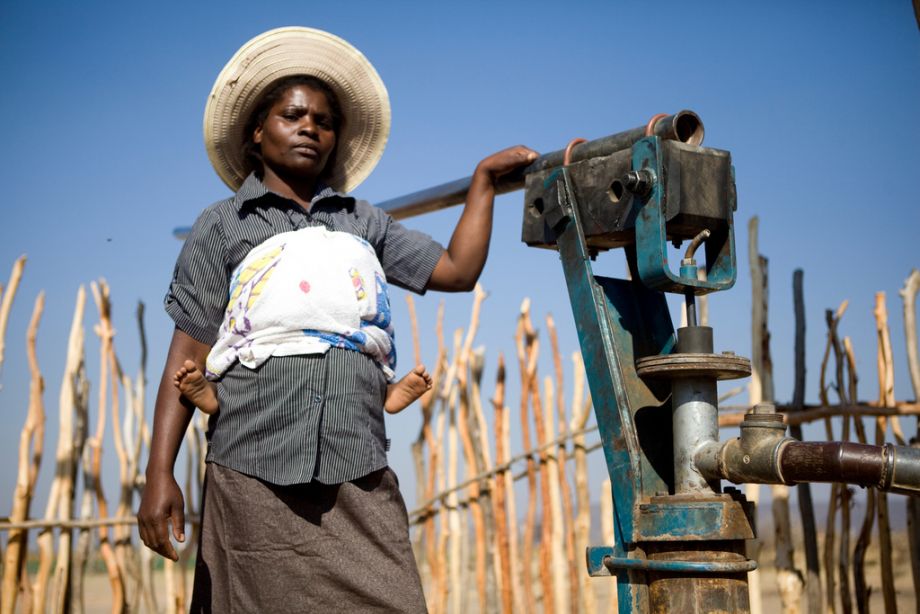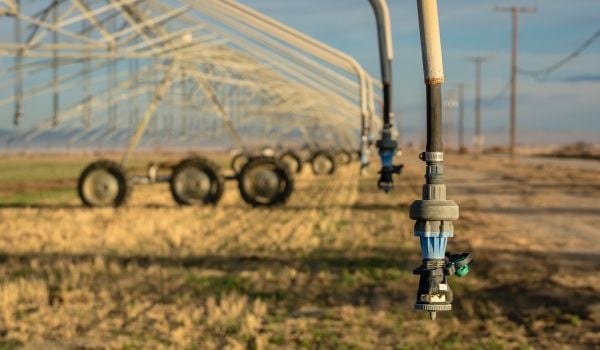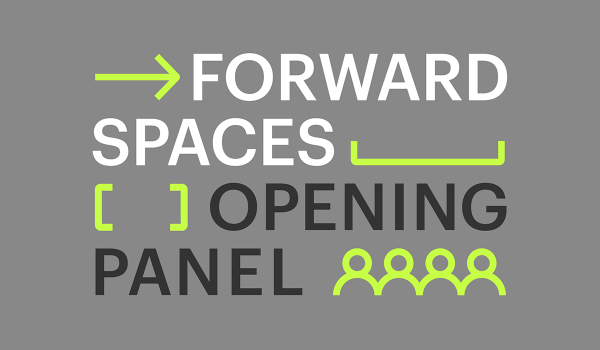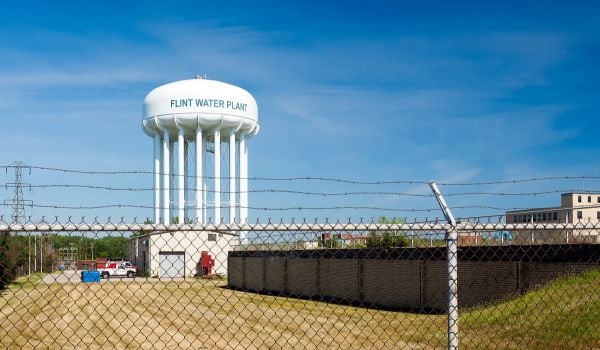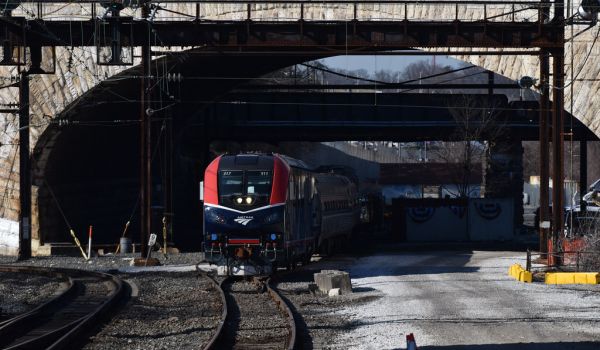If you’re having trouble finding something to be thankful for this Thanksgiving holiday, turn on the tap and pour yourself a glass of water. Access to clean, safe drinking water is something that 768 million people around the globe lack, according to UNICEF. And a stunning 2.5 billion people lack adequate sanitation.
In many parts of Zimbabwe’s capital city of Harare, the water crisis is bad and getting worse. As recently as 1988, according to a new report from Human Rights Watch (HRW), 84 percent of the city’s residents had safe drinking water. But today, with its metro area population around 3 million or more, the city has fallen far behind that mark, and in large swaths of the capital sewage runs in ditches, taps for city-supplied water are often dry, and the boreholes (or wells) that have been dug to provide water during past emergencies are contaminated.
The HRW report, “Troubled Water: Burst Pipes, Contaminated Wells, and Open Defecation in Zimbabwe’s Capital,” paints a disturbing picture of a nation where mismanagement, corruption, and political indifference have led to collapsing infrastructure and an ongoing public health problem that could develop into a full-blown humanitarian crisis at any time.
Already, many Zimbabweans have paid with their lives for the failure to improve the aging water system. Between 2008 and 2009, according to HRW, 100,000 people died in a cholera outbreak that was one of the worst in recent African history. Five years after that catastrophe, the conditions that led to it persist. And even in the absence of cholera, simple diarrhea caused by dirty water and spilled sewage claims the lives of 10 percent of Zimbabwean children under the age of five, while causing chronic health problems for countless more.
HRW’s survey looked at eight high-density neighborhoods in Harare and found that the water crisis has a particularly profound effect on women and girls. It is mostly women who must wait at the few working water sources to fill their jugs with often tainted water – a wait that can take them away from work and other family duties for as much as five hours a day. Forced by the lack of working toilets to defecate in public, they are often victims of sexual assault when they seek privacy in more isolated locations. And girls who are menstruating often will skip school because of the absence of clean and private toilet facilities.
As the HRW report notes, Zimbabwe is one of the 121 countries that voted in favor of a United Nations resolution in 2010 that proclaimed access to water and sanitation as a human right. Zimbabwe’s own constitution supposedly guarantees the right to clean water. And the government has proclaimed its intention to fix the failing water system, most recently with the help of a $144 million loan from China.
But that deal has come under intense criticism from local NGOs for its lack of transparency and for its requirement that the engineers working to repair infrastructure be Chinese. Salaries of top city officials are secret, prompting complaints from the public that they don’t even know what the money they pay for water is going to. Meanwhile, residents interviewed by HRW say that they keep getting water bills that they must pay, even when there is no water coming out of the tap.
The situation recently became so bad that residents were bribing security guards in Harare’s business district for access on weekends to water from boreholes that are presumably uncontaminated.
According to the HRW report, while a complete overhaul of the city’s aged water infrastructure is a daunting and expensive prospect, a number of relatively simple and low-cost initiatives could help to alleviate the threat to health and the burden faced especially by Harare’s women. These include the construction of pit toilets, rainwater harvesting, monitoring and maintenance of existing boreholes and the regular collection of refuse.
The HRW report is a reminder that in Harare, as in so many places around the world, water is a life-and-death issue. “Without a serious commitment from government officials at all levels to make the provision of safe water and sanitation a priority,” the report concludes, “the people of Harare will continue to suffer, with no end in sight.”
Residents in Harare speak on the water crisis. Credit: Human Rights Watch
Watermark is made possible with the support of the Surdna Foundation.

Sarah Goodyear has written about cities for a variety of publications, including CityLab, Grist and Streetsblog. She lives in Brooklyn.


